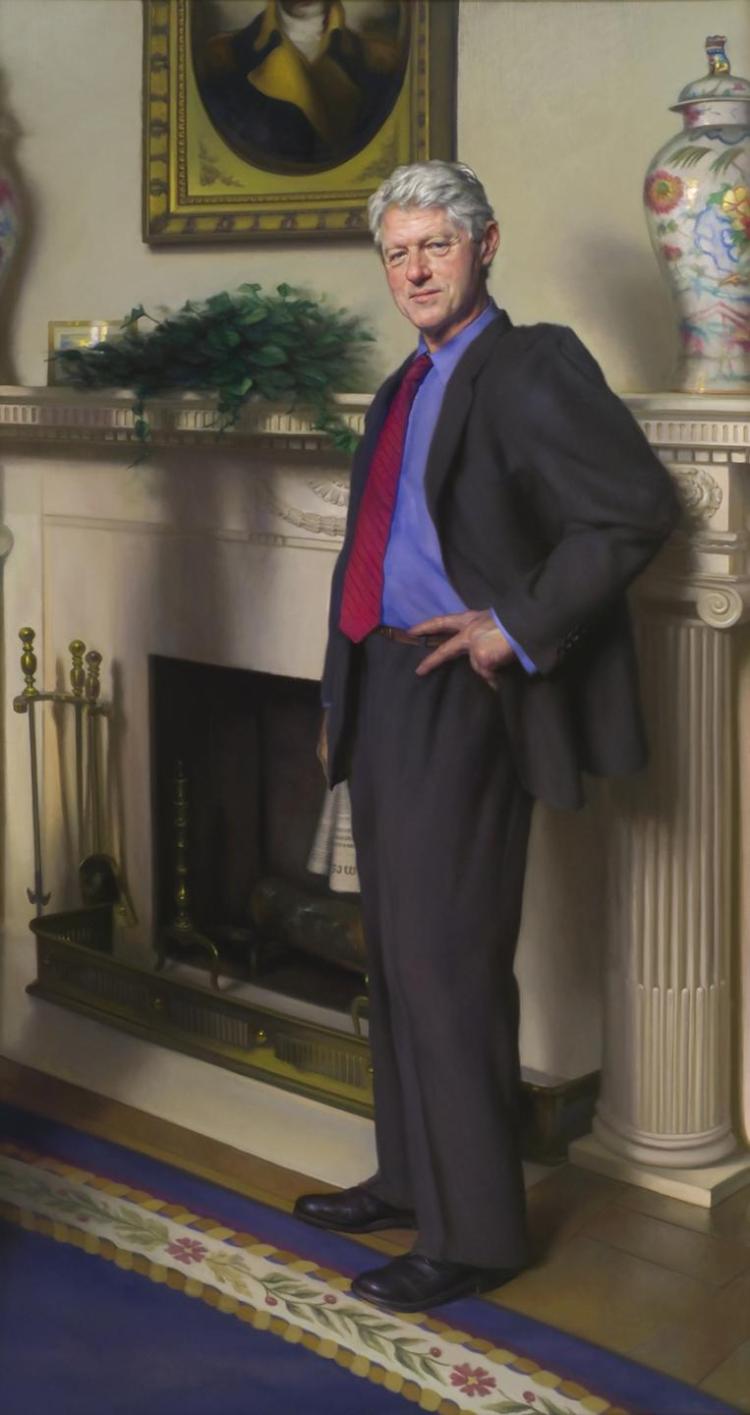His use of responsibility is really idiosyncratic... it doesn't really have anything to do with seeing yourself as the source of your decisions and your general welfare, and therefore seeing yourself as accountable to yourself. It's like some kind of.. introspective tranquility, or some kind of intuition, or felt understanding, that you're at one and in harmony with yourself (and, simultaneously in harmony with the cosmos, which is where this idea that "responsibility is the cosmos" comes from). I think that's why he opposes "human rights" (or just "rights") to responsibility, which is also strange. The idea is that if you're trying to effect political change, you're likely in the grips of the false (he'd probably even say delusional) idea that your purpose as an individual resides in something outside of yourself, which amounts to some kind of spiritual alienation (through self-neglect). You're not being responsible because you're not directing your energies to self-cultivation. Instead, you're living outside yourself, being divided rather than "integrated", as he keeps saying.
Making myth as central as he does turns truth into a feeling and makes all thought symbolic. Something is true, for him, when it resonates, when it feels right. The search for truth is merely the search for symbols that satisfy a yearning for what we don't know until it's found. There's so much delirium in this. I understand a little better now why there's so much appeal from the alt-right. It's funny that he goes after postmodernists so much, because, even though he accuses them of relativism, there's a deep relativistic strain in his thought too, although not because he's drawing from postmodernism, but because he's drawing from romanticism. His romanticism (e.g., the aspiration for cosmic harmony of the individual with the universe) is weirdly in tension his liberalism and his high regard for Enlightenment ideals. The unity of the two is a little reminiscent of some of the fascistic thought I've encountered from the 1920s and 1930s.


